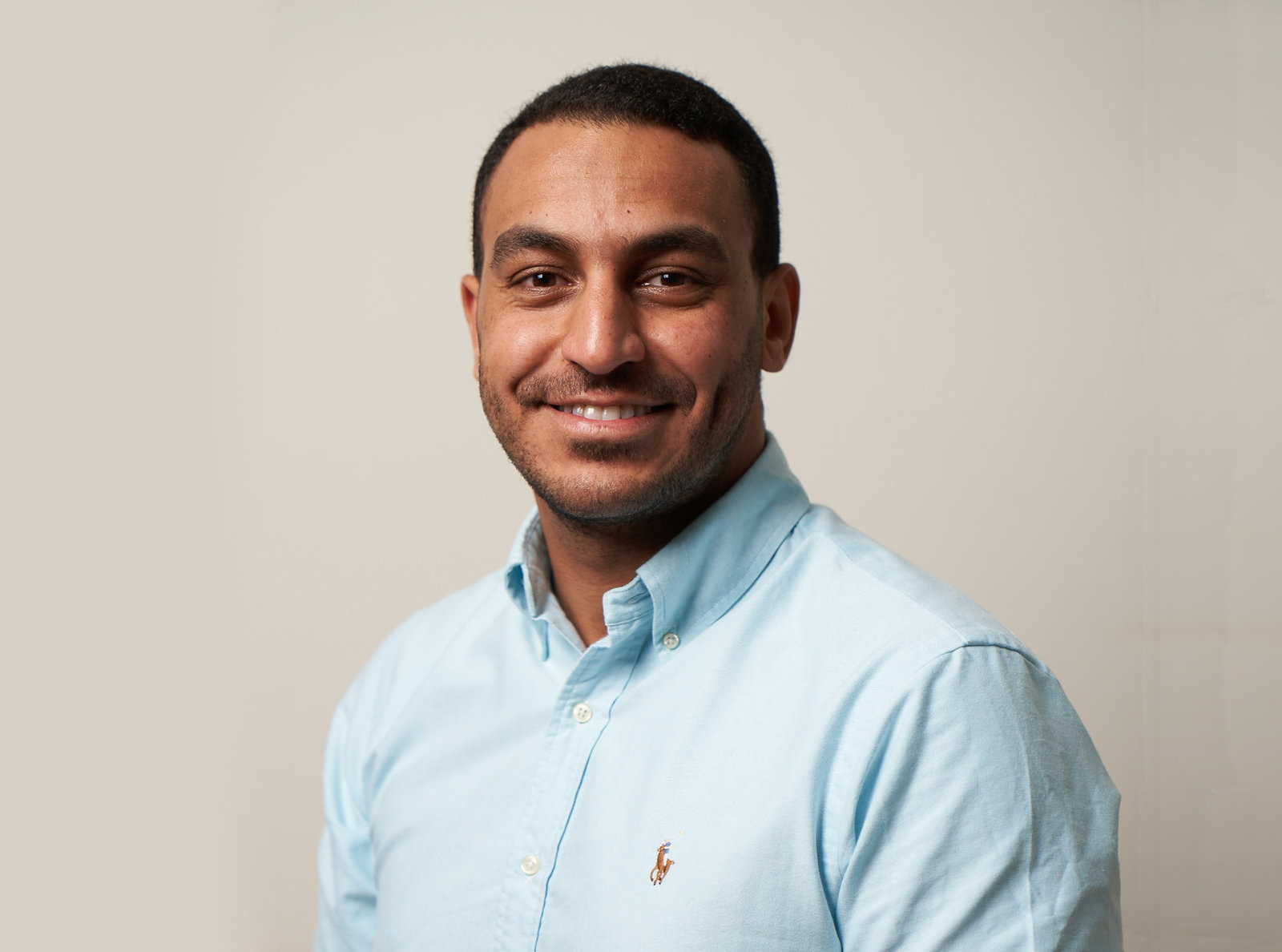My WFH Routine: Nour El Assal, CEO and co-founder Tagaddod

Nour El Assal, CEO and co-founder of Tagaddod: My Morning / WFH Routine looks each week at how a successful member of the community starts their day — and then throws in a couple of random business questions just for fun. Speaking to us this week is Nour El Assal (LinkedIn), CEO and founder Tagaddod.
My name is Nour El Assal, and I’m the CEO and co-founder of Tagaddod. Founded in 2013, the company collects and refines used cooking oils from businesses and households to become transformed into biofuel. It relies on technology to map and plan more effective routes for the collection of used cooking oil, turning what was otherwise a low tech industry with fairly slim margins, into something profitable and feasible.
I really don’t have a fixed routine: Even if I had some kind of a routine before, covid has changed all that. Some days are super busy and others are much more relaxed but my day never begins after 9am and I always start my day by reading Enterprise. One of the things that hasn’t changed over the past few months has been scrambling between the factory, office, and home almost everyday. On our busier days I wake up at 6am, maybe going for a run before heading to the factory for one of our weekly safety inspections. If I'm WFH I get to start a little later at around 8:30-9am by catching up with our three teams through online meetings and emails. I talk to our finance team about sales, operations and cash flow, our demand operations teams about recruiting new clients, and our factory team about our shipping and refining functions.
I started seriously WFH by mid-May: Even as covid reached its peak, I hadn’t yet personally started fully WFH. We were just about to launch a new business unit at the factory so I had to be physically present while things were still getting underway. Our Dokki offices where our finance, tech, sales and accounting teams are based were entirely working from home by mid-April, and by May we had only 20-30% of our team physically present, which meant about 4-6 people were at the office at any given time. Now we’re back up to 50-60% working at the office.
Tagaddod’s work culture already included a WFH component. It hasn't been terribly challenging to shift some of our operations to WFH transition because our online management platforms can be done remotely. Our factory never fully shut down but we were a lot more strict with our safety measures. Everyone has been getting their temperature checked daily, masks are required at all times and we’ve made sure to spread out everyone’s seating at the factory office space.
The biggest challenge was maintaining morale and grit: We had to keep reiterating our mission and manage our own expectations to make sense of everything going on and keep our heads cool. We decided that if we’re forced to stop we’ll stop — all we had to do until then was make sure to take things one day at a time to reduce people’s anxieties. Our whole team of partners and operations heads were crucial in getting through the worst of the pandemic and keeping us afloat.
Once we saw markets stabilizing we knew we needed to push forward really hard to get back on track to pre-covid levels of operation. The pressure from the crisis helped us refine the results-oriented work culture at Tagaddod.
Household operations almost doubled at the height of the crisis: People weren’t really eating at restaurants which we took as a chance to focus more on household cooking oil collection. It was really interesting to see major food chains’ output reduced to 20% of their normal production at the height of the outbreak while non-chain and single brand restaurants in less affluent neighborhoods of Cairo were operating almost 75-80% of pre-covid levels. European markets, where we mainly export, were significantly less volatile than US markets and didn’t hold this sense of panic. There was increased demand for used cooking oils at the tail-end of the first wave actually.
As an entrepreneur you’re familiar with the panic and anxiety that comes with having something on the verge of ending. I actually felt a little bit more at ease once everyone began sharing the panic. This was particularly pronounced with other entrepreneurs, who were surprisingly very positive. We’re constantly living in uncertainty and have a lot on the line, so I think that has prepared me to handle the situation. At the end of the day you have little control over things like this, so you have to take things one day at a time and be adaptable.
I’m a huge fan of audio content: I’ve been listening to Reid Hoffman’s podcast Masters of Scale recently and I'm generally interested in audio books on business, behavioral economics and what some of my friends and I call ‘financial fiction’ novels. One Tn USD by Andreas Eschbach is a great one that falls under the genre.
On Netflix I like some educational stuff like Connected, History 101 and Explained along with some light content like Community and Brooklyn Nine-Nine while eating.
One of the things that made me think this has to blow over is that the world doesn’t go bust — the world survives catastrophes one way or another. Don’t lose sight of the day-to-day but be willing to adapt. I'm not advocating for being positive, but rather for being sensible. This isn't a recipe for success by any means, because if a crisis of this magnitude were to hit at a different stage in the company’s development, we could have been in a very different situation than we are now.
We’re revisiting expansion plans once everything goes back to normal. And on a personal level, I’m looking forward to getting back on a plane for a much needed vacation.